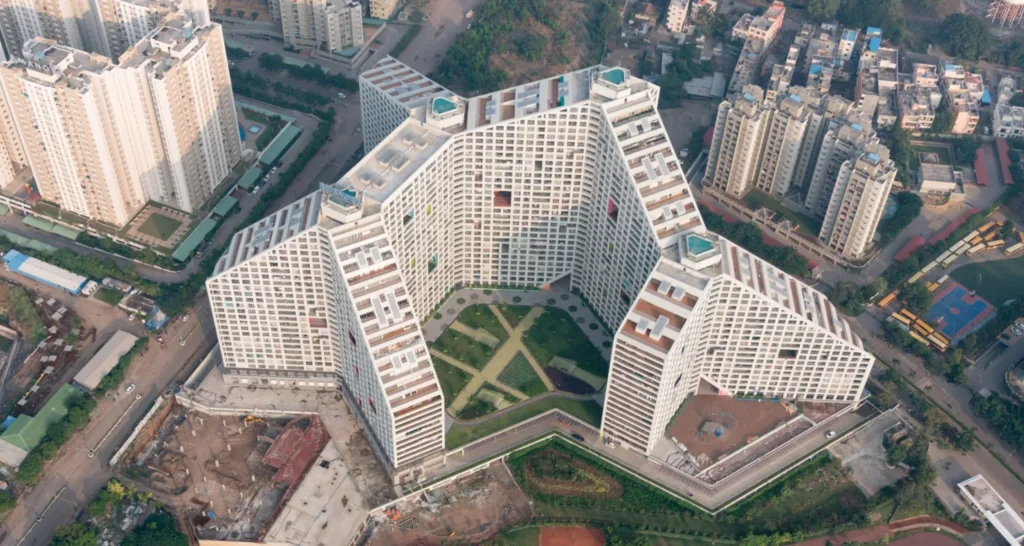
Reduce inequality within and among countries – the 10th SDG goal presented by the United Nations organization under a strategy called Sustainable Development Goals.
Income inequality is on the rise—the richest 10 percent have up to 40 percent of global income, whereas the poorest 10 percent earn only between 2 to 7 percent. Moreover, if we consider population growth inequality in developing countries, inequality has increased by 11 percent.
Income inequality has increased nearly everywhere in recent decades, but at different speeds. It’s lowest in Europe and highest in the Middle East.
These widening disparities require sound policies to empower lower-income earners and promote economic inclusion regardless of sex, race, or ethnicity.
Income inequality requires global solutions. This involves improving the regulation and monitoring of financial markets and institutions, encouraging development assistance, and foreign direct investment to regions where the need is greatest. Facilitating the safe migration and mobility of people is also key to bridging the widening divide.
Reduce inequality within and among countries – Goal Targets
By 2030, progressively achieve and sustain income growth of the bottom 40 percent of the population at a rate higher than the national average.
By 2030, empower and promote the social, economic, and political inclusion of all, irrespective of age, sex, disability, race, ethnicity, origin, religion, or economic or status.
Ensure equal opportunity and reduce inequalities of outcome, including by eliminating discriminatory laws, policies, and practices and promoting appropriate legislation, policies, and action in this regard.
Adopt policies, especially fiscal, wage, and social protection policies, and progressively achieve greater equality.
Improve the regulation and monitoring of global financial markets and institutions and strengthen the implementation of such regulations.
Ensure enhanced representation and voice for developing countries in decision-making in global international economic and financial institutions to deliver more effective, credible, accountable, and legitimate institutions.
Facilitate orderly, safe, regular and responsible migration and mobility of people, including through the implementation of planned and well-managed migration policies.
Implement the principle of special and differential treatment for developing countries, in particular, least developed countries, by World Trade Organization agreements.
Encourage official development assistance and financial flows, including foreign direct investment, to States where the need is greatest, in particular, least developed countries, African countries, small island developing States, and landlocked developing countries, by their national plans and programs.
By 2030, reduce to less than 3 percent the transaction costs of migrant remittances and eliminate remittance corridors with costs higher than 5 percent.
SDG#1 ; SDG#2 ; SDG#3 ; SDG#4 ; SDG#5 ; SDG#6 ; SDG#7 ; SDG#8 ; SDG#9 ; SDG#10 ; SDG#11 ; SDG#12 ; SDG#13 ; SDG#14 ; SDG#15 ; SDG#16 ; SDG#17













